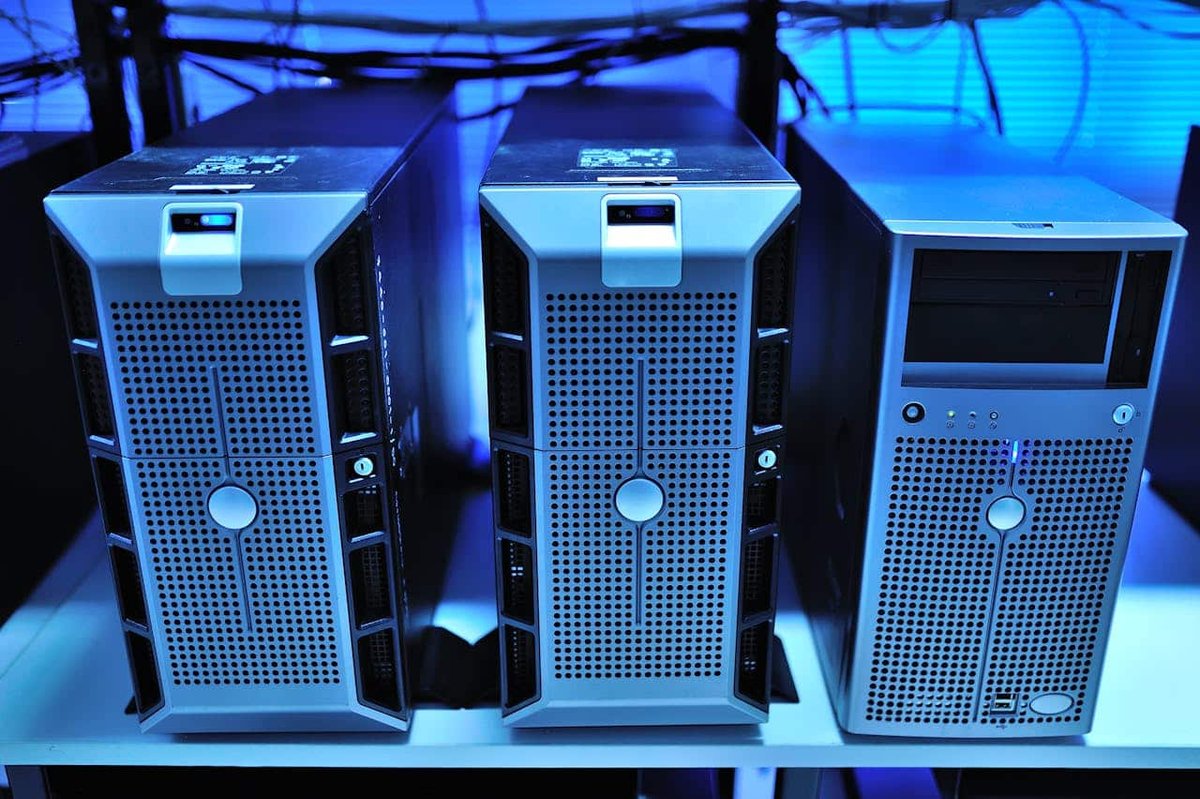Businesses are growing, and so is technology, and as they change and grow with time, there’s an increase in the demand for IT infrastructure, making it more challenging to manage.
Businesses are always looking for more scalable, efficient, and flexible solutions, which should be able to sustain increased workloads, growing data, and many other recent technologies and innovations.
Old server systems, configured in a fixed form, fail to provide most of these very essential requirements. However, modular servers offer flexible and cost-effective solutions because, unlike old server systems, they enable businesses to scale up their resources and customize their setups quickly. Therefore, modular servers bring flexibility that keeps pace with today’s challenges.
This article will explain why modular server flexibility is essential for modern IT infrastructure. Continue reading to learn more.
What are Modular Servers?
A modular server, also known as a blade server or modular system, is a computing server that merges multiple server modules and turns them into a single chassis.
These modules share common infrastructure components such as power, cooling, and networking but can also work independently.
Modular servers are a storehouse of packaged and shared modules. These are scalable and work efficiently to deploy multiple servers in a confined space. Modular servers offer great flexibility. You can easily add or remove components to match changing demand, making them highly scalable.
They are customizable and offer access to storage, processing power, and any other resources your organization may need or require at any time. Modularly designed, parts may be upgraded quickly and replaced without long downtime, and systems run without major disruptions.
Features of Modular Servers
Scalability
Modular servers offer seamless scalability by allowing you to add server blades to the existing chassis when more computing power is required. This eliminates the need for a complete infrastructure overhaul, enabling businesses to grow their IT capacity effortlessly and cost-effectively.
Common Resources Sharing
A modular server system is designed to share key resources like power supplies, cooling fans, and networking switches across multiple server blades. This centralized resource-sharing reduces redundancy and optimizes space utilization, making the system more efficient.
Interchangeability
One of the standout features of modular servers is their ease of maintenance and flexibility. Components like server blades, storage modules, or power units can be swapped or upgraded without requiring specialized tools or fittings. This design reduces downtime and simplifies repairs or expansions.
Energy Efficiency
By sharing cooling and power resources among multiple server blades, modular systems significantly lower energy consumption compared to standalone servers. This energy efficiency translates into reduced operational costs and a smaller environmental footprint.
Why is Flexibility Important Today for IT Infrastructure
Businesses today need more flexibility to keep up with changing demands. Workloads are constantly shifting, and with the growth of cloud computing and massive data volumes, businesses must be able to adjust quickly.
The rise of remote work and distributed computing also adds to the need for adaptable systems that can support teams and processes from anywhere.
Traditional server infrastructure is often limited when it comes to handling these rapid changes. Legacy systems can struggle to meet the needs of modern technologies like artificial intelligence, big data, and the Internet of Things (IoT). As a result, businesses must quickly adapt their IT infrastructure to stay competitive.
Modular servers allow companies to easily scale, customize, and upgrade, helping them keep pace with new demands and technologies.
Benefits of Modular Servers for IT Infrastructure
Modular servers offer a range of benefits that make them ideal for modern IT infrastructure, especially as businesses face increasing demands for flexibility, efficiency, and cost-effectiveness.
Scalability
The most significant advantage of modular servers is their scalability. Resources can be quickly expanded or reduced as business needs change. For example, if a company requires additional storage only during certain peak times, it can easily be added by installing more modules without disrupting the entire system.
Flexibility ensures that businesses can meet demand fluctuations without investing in unnecessary resources.
Furthermore, modular servers are cost-effective because you only pay for what you need when needed. In contrast to traditional systems, where you often have to purchase a large, fixed unit, modular servers allow you to gradually scale up at lower costs.
Better Maintenance and Upgrading
You can also use the modular servers for easy maintenance. You do not need to overhaul the whole server if a component becomes outdated or fails; rather you would just need to replace or upgrade memory, storage or processors-as is the case in most cases.
This modular system makes it easier to keep your infrastructure up to date without expensive or lengthy overhauls.
It also speeds up troubleshooting, so when something goes wrong, one can simply swap the faulty module without changing the entire system. This minimizes downtime and ensures your IT environment stays stable.
Energy-efficient and Space-optimised
Modular servers can be energy-efficient compared to some traditional systems because these conventional systems have very high consumption if used with power and other resources like cooling.
Scaling resources to meet real demands by some businesses will avoid the need for excess capacity, which usually means lower energy bills and a smaller carbon footprint.
They also save space. Their flexible, compact design helps them fit in small server rooms, reducing space and cooling costs.
Conclusion
Flexibility must be considered for any modern IT infrastructure. Modular servers can ultimately give businesses all the scalability, cost efficiency, and adaptability they need to stay competitive. As technology advances, modular solutions will prove to be one of the most important advancements in the IT industry’s future.
Related: Lifestyle Habits of Successful Leaders – What We Can Learn
The post The Rise of Modular Servers: Why Flexibility is Key for Modern IT Infrastructure appeared first on The Next Hint.

